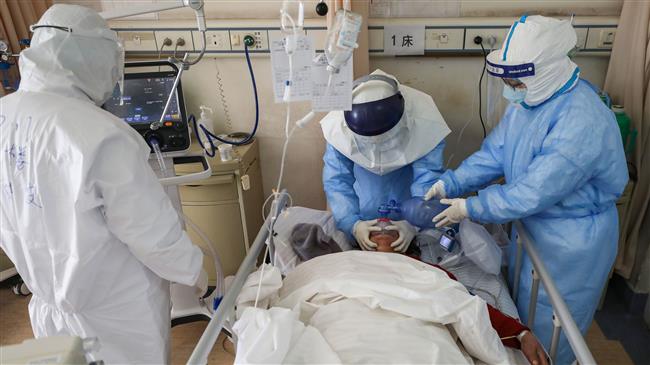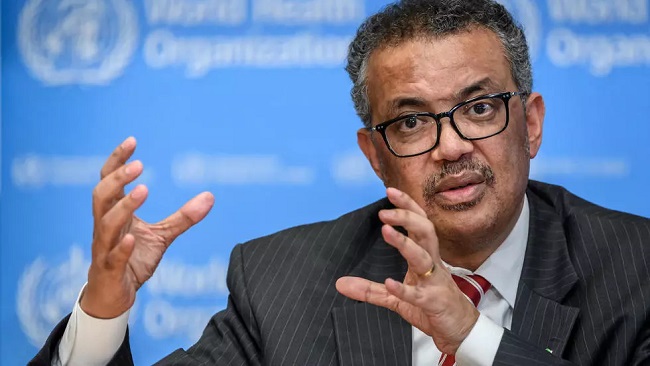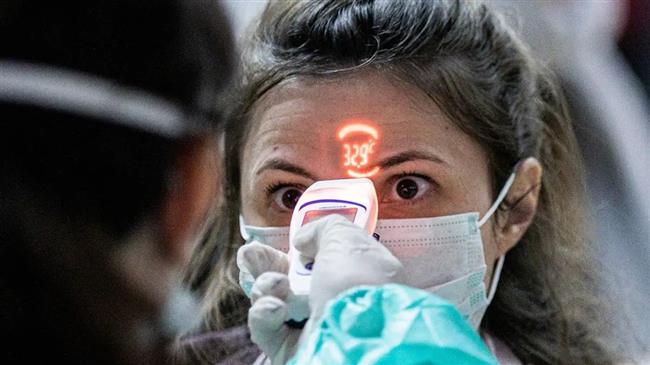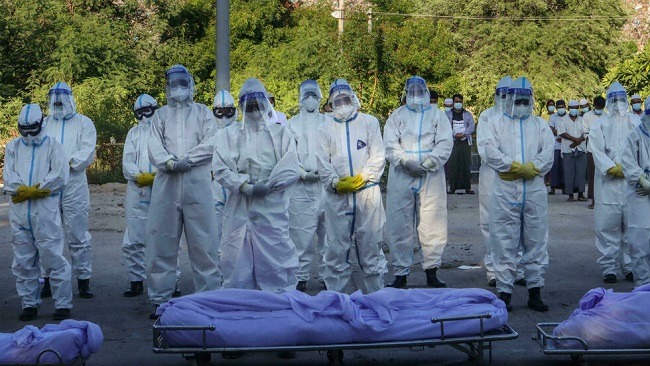7, September 2021
Africa Covid death toll tops 200,000 0
More than 200,000 people have died from Covid-19 in Africa since the start of the pandemic, according to an AFP tally compiled from official records as of 1700 GMT.
A total of 200,254 fatalities have been registered in Africa, home to more than 1.3 billion people, since the virus emerged in China in December 2019.
After several deadly months, including some 27,000 deaths in July and 26,000 in August, the pandemic appears to be easing on the continent, with current daily figures of 617 compared to up to 990 in late July, a record for the region.
The figures are based on tolls communicated daily day by health authorities in each country or by the UN’s World Health Organization (WHO) and include the countries of North Africa.
The WHO has said that if excess deaths directly or indirectly linked to Covid are taken into account, the real toll could be double or triple.
The total number of infections is also likely to be an under-estimate, given insufficient testing capacity in Africa.
“It’s probably a lot higher than that,” said researcher Glenda Davidson of South Africa’s Cape Peninsula University of Technology. “Testing resources are very low on the continent.”

Death registration processes were often delayed and inaccurate, she added.
The current fall in the continent’s tally is a result of sharp drops in the hardest-hit countries.
South Africa has recorded 83,899 deaths so far. But last week’s daily average of 7,400 new cases and 234 deaths is significantly lower than in late July, when the daily average was up to 20,000 new cases and 420 deaths.
– Vaccination key –
The decrease has been even more striking in Tunisia, which has recorded a daily average of 1,680 cases and 64 deaths: 41 and 39 percent down on the previous week.
The figures are well below those of July, which were described by the government as “catastrophic”, with up to 7,900 cases and 207 deaths daily.
Tunisia’s summer was also marked by a sharp acceleration in its vaccination drive, with nearly 37 percent of the population having received at least one dose, compared to just 11 percent on July 1.
Africa has seen the lowest vaccination rate to date of all the continents, with only eight jabs administered per 100 inhabitants administered, according to an AFP count, compared with 102 in Europe and 116 in the United States and Canada.
According to the WHO, around three percent of sub-Saharan Africa’s population are fully vaccinated. By comparison, 52 percent of people are fully vaccinated in the United States of America and 57 percent in the European Union.
“The inequity is deeply disturbing. Just two percent of the over five billion doses given globally have been administered in Africa,” WHO Africa chief Dr Matshidiso Moeti said last week.
However, inoculation in South Africa has been picking up after a rocky start.
“The vaccine has been our weapon,” said South African public health practitioner Shakira Choonara.
“It is contributing to certain changes in trends we are beginning to see.”
Source: AFP

























14, September 2021
Let us buy Covid jabs, pleads Africa 0
Africa wants to buy Covid-19 vaccines, rather than keep waiting for donor-funded doses to arrive, the African Union said Tuesday, imploring producers to give the continent a fair shot at market access.
The AU also urged manufacturing nations to lift export bans so the continent can begin to address for itself the glaring inequity in access to coronavirus jabs, as wealthy nations hog available doses.
“Vaccine sharing is good. But we shouldn’t have to be relying on vaccine sharing,” Strive Masiyiwa, the AU’s Covid-19 special envoy, told a press conference at the World Health Organization in Geneva.
“We want to buy from those same manufacturers.”
The major Covid-19 vaccine producers have a moral responsibility to ensure equitable access to end the pandemic, he said, but “those manufacturers know very well that they never gave us proper access”.
Just nine vaccine doses have been administered per 100 people in Africa, according to an AFP calculation.
That figure stands at 118 doses per 100 people in the United States and Canada; 104 in Europe; 85 in Asia; 84 in Latin America and the Caribbean; 69 in Oceania and 54 in the Middle East.
African nations “have been left behind by the rest of the world”, said WHO director-general Tedros Adhanom Ghebreyesus.
The UN health agency chief spelled out the danger of leaving Africa so poorly covered by vaccines.
“This doesn’t only hurt the people of Africa, it hurts all of us,” he said.
“The longer vaccine inequity persists, the more the virus will keep circulating and changing, the longer the social and economic disruption will continue, and the higher the chances that more variants will emerge that render vaccines less effective.”
– ‘Miracle’ –
John Nkengasong, director of the Africa Centres for Disease Control and Prevention, told the press conference that just under 3.5 percent of the eligible African population has been fully vaccinated.
The WHO wants 40 percent fully immunised in every country by the end of the year and 70 percent of the world’s population by mid-2022.
It has called for countries to hold off administering extra booster shots until the end of December to allow more people to get a first dose instead.
The AU has set up the African COVID-19 Vaccine Acquisition Task Team, or AVAT, to purchase jabs for member states in a scheme to run alongside the donor-funded global Covax facility.
Masiyiwa said Africa was also setting up its own manufacturing capabilities and called for a temporary waiver of intellectual property rights on the vaccines, as a common good.
He said: “It was a great miracle to have these vaccines. Now let this miracle be available to all mankind.”
Source: AFP